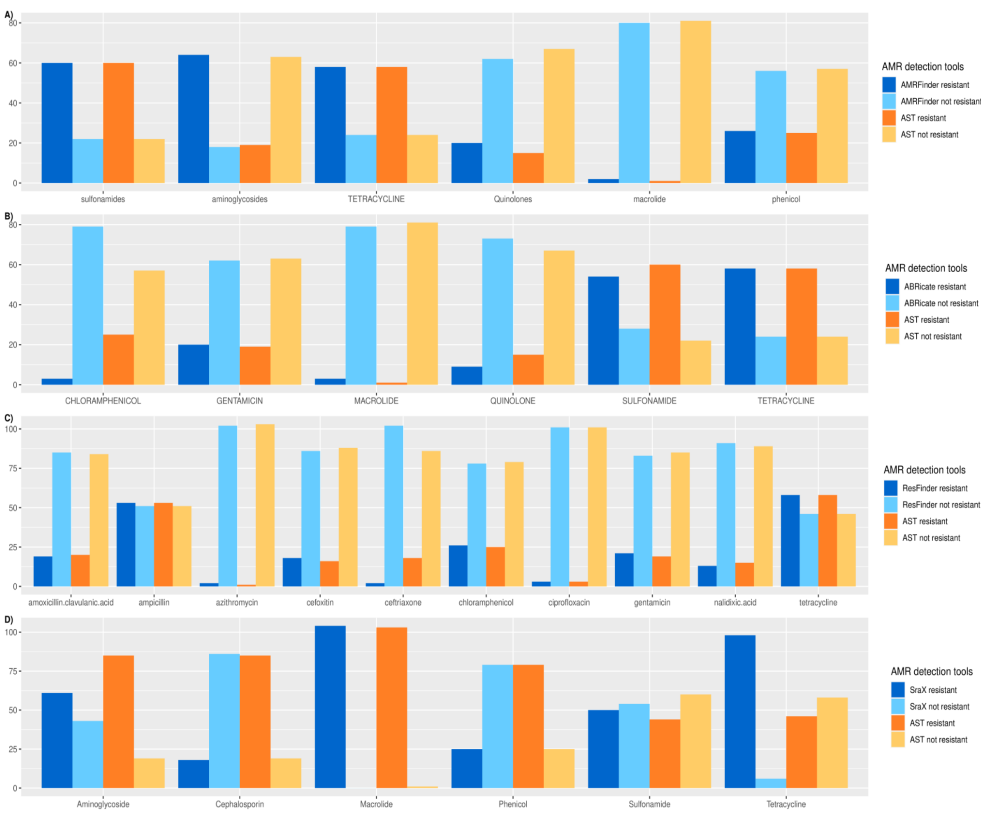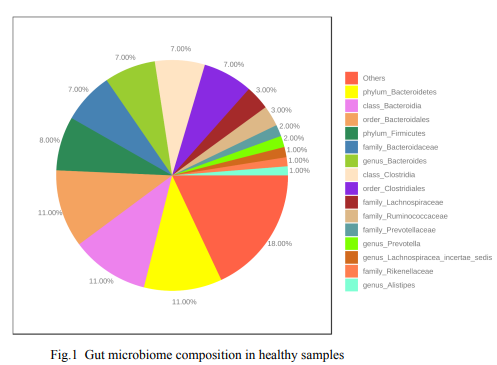Publications
Filter by

Benchmarking of Antimicrobial Resistance Gene Detection Tools in Assembled Bacterial Whole Genomes
Antimicrobial resistance (AMR) is one of the ten dangers threatening our world, according to the world health organization (WHO). Nowadays, there are plenty of electronic microbial genomics and metagenomics data records that represent host-associated microbiomes. These data introduce new insights and a comprehensive understanding of the current antibiotic resistance threats and the upcoming
Positive selection as a key player for SARS-CoV-2 pathogenicity: Insights into ORF1ab, S and E genes
The human β-coronavirus SARS-CoV-2 epidemic started in late December 2019 in Wuhan, China. It causes Covid-19 disease which has become pandemic. Each of the five-known human β-coronaviruses has four major structural proteins (E, M, N and S) and 16 non-structural proteins encoded by ORF1a and ORF1b together (ORF1ab) that are involved in virus pathogenicity and infectivity. Here, we performed

Potential probiotics for viral triggered type 2 diabetes
The scientific literature is full of studies that provide evidence highlighting the role of microbiome in type 2 diabetes (T2D) development and progression, still, discrepancies are evident when studying the link between certain taxonomic groupings and T2D, thus, eliminating the discrepancy between such studies is crucial to build on a robust systematic approach to identify the possible linkage
Detection of Mammalian Coding Sequences Using a Hybrid Approach of Chaos Game Representation and Machine Learning
Mammalian protein-coding sequence detection provides a wide range of applications in biodiversity research, evolutionary studies, and understanding of genomic features. Representation of genomic sequences in Chaos Game Representation (CGR) helps reveal hidden features in DNA sequences due to its ability to represent sequences in both numerical and graphical levels. Machine learning approaches can

